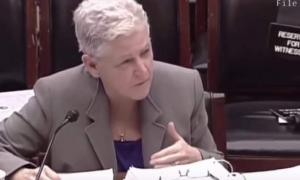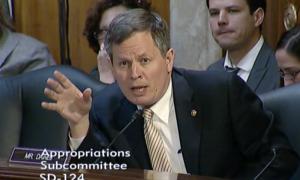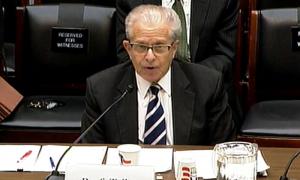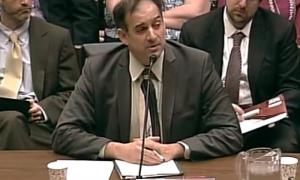HARRISBURG, Pa., May 5, 2014 /PRNewswire/ -- The Pennsylvania Coal Alliance submitted comments to the Environmental Protection Agency today in response to proposed emission standards affecting new coal-fired power plants, asserting that the standards would result in severe economic consequences and that the technology required has not been proven to reduce carbon emissions.

First post-combustion CCS plant nears completion
ESTEVAN, SASKATCHEWAN (AP) - Billed as the world's first commercial-scale carbon capture undertaking, the $1.35 billion Boundary Dam Project near Estevan, Saskatchewan, is only a few months away from startup.
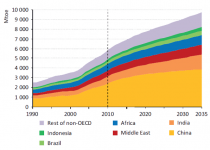
Why We Need CCS, Part 2: Reactive Climate Change Mitigation
It is important to re-emphasize right at the start of this article that CCS is only a viable option if climate change is a very important factor. If it eventually turns out that long-term CO2 concentrations of 850 ppm are perfectly fine, we can drop all CCS research right now. If 650 ppm is acceptable, I would be satisfied with the current rate of progress. However, if 450 ppm indeed remains a priority, the role of CCS will probably expand dramatically over coming decades.

Carbon Capture Faces Hurdles of Will, Not Technology
If human-caused climate change is to be slowed enough to avert the worst consequences of global warming, carbon dioxide emissions from coal-fired power plants and other pollutants will have to be captured and injected deep into the ground to prevent them from being released into the atmosphere.

EPA air emission limits upheld on appeal
Federal judges Tuesday upheld U.S. EPA’s air standards for mercury and other hazardous pollutants in a major win for the Obama administration.
The U.S. Court of Appeals for the District of Columbia Circuit said the agency acted reasonably in promulgating its 2012 mercury and air toxics, or MATS, rule, which was the most significant EPA regulation of President Obama’s first term.
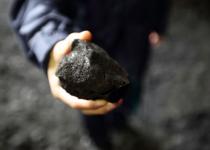
Post-Fukushima Japan Chooses Coal Over Renewable Energy
A new energy plan approved by Japan’s cabinet on April 11 designates coal an important long-term electricity source while falling short of setting specific targets for cleaner energy from wind, solar and geothermal. The policy also gives nuclear power the same prominence as coal in Japan’s energy strategy.

Wind power and poverty
According to UN Secretary-General Ban Ki-moon, “Climate change harms the poor first and worst.” This is true, because the poor are the most vulnerable and have the least resources with which to adapt. But we often forget that current policies to address global warming make energy much more costly, and that this harms the world’s poor much more.









